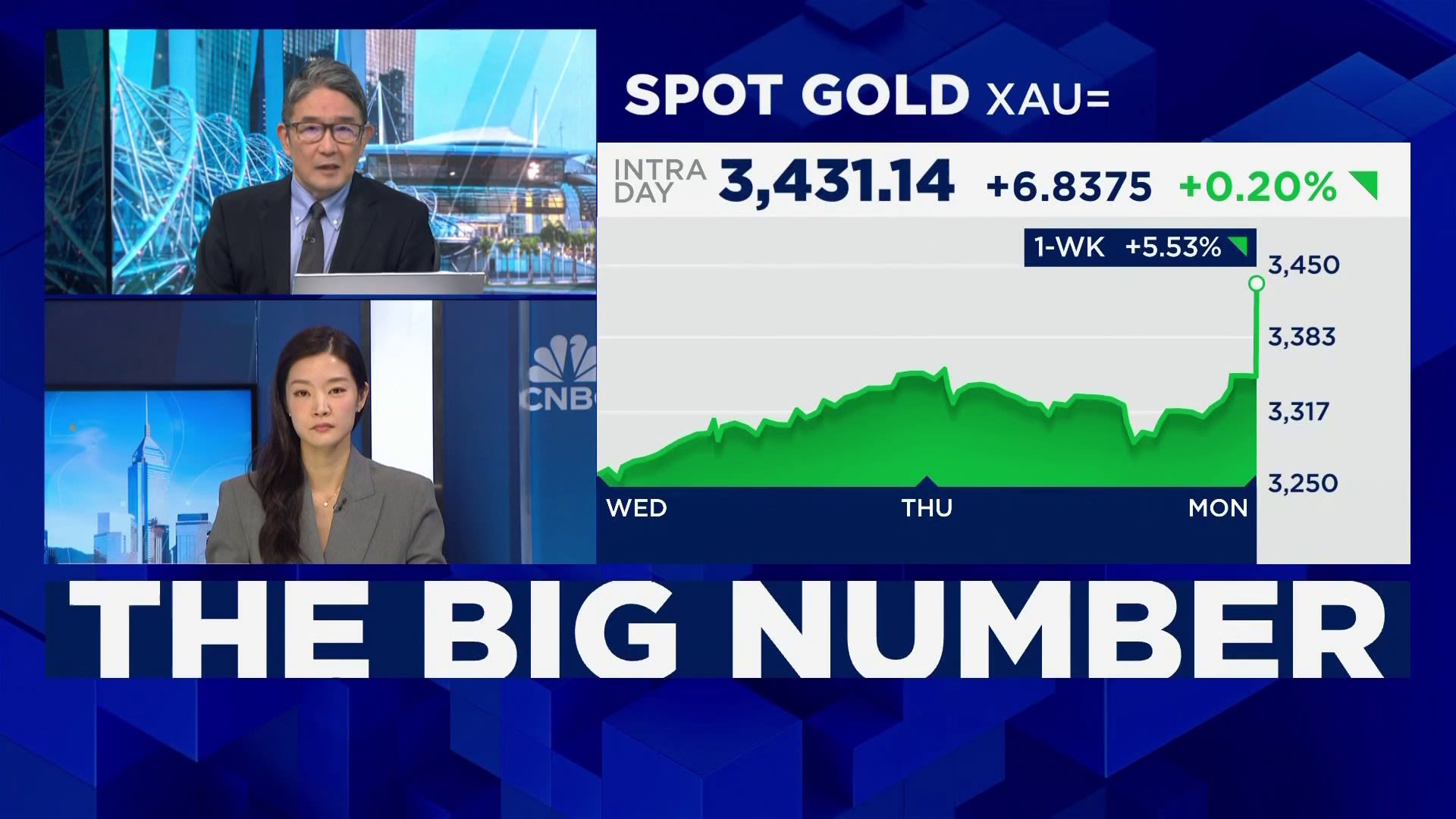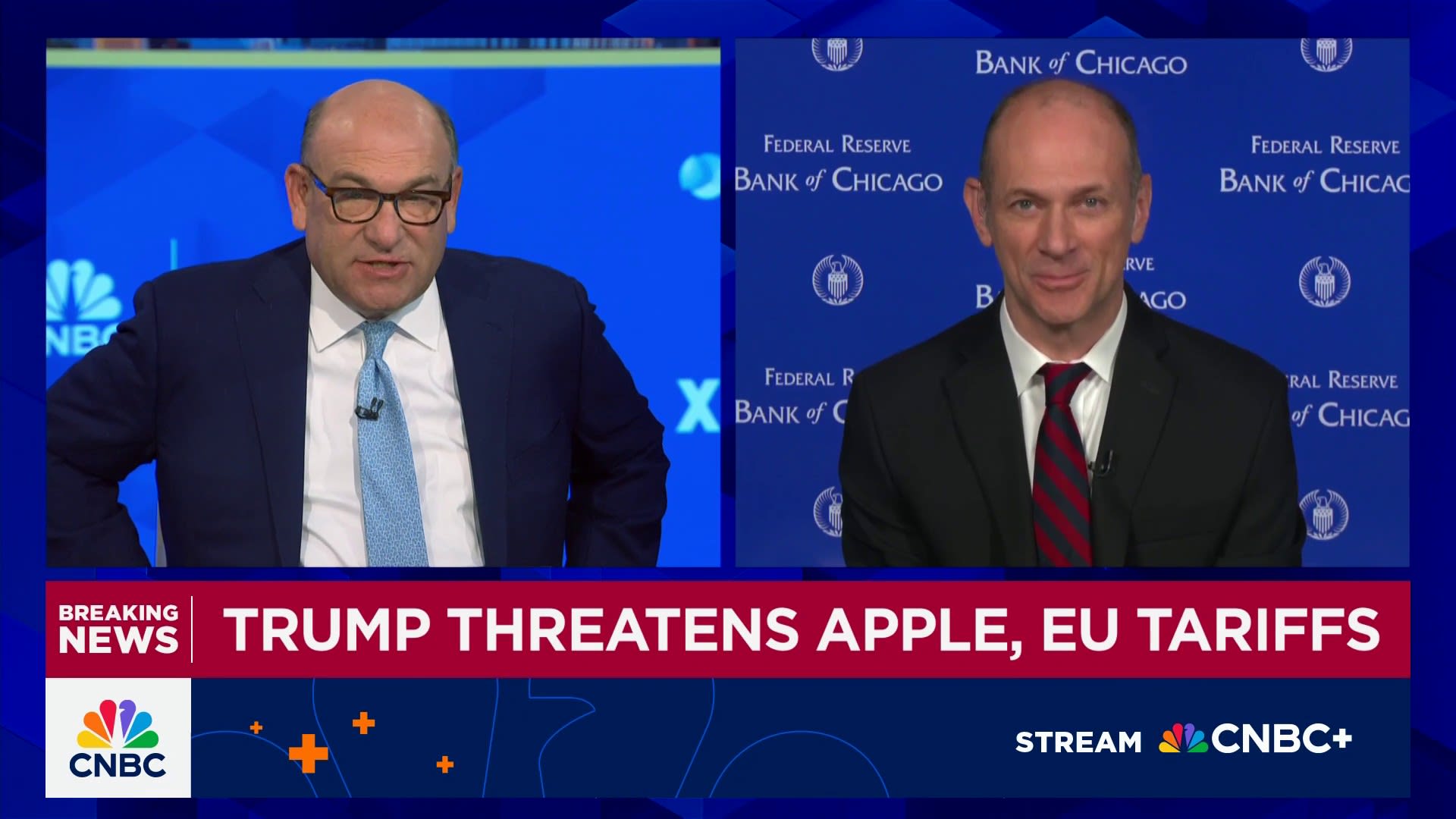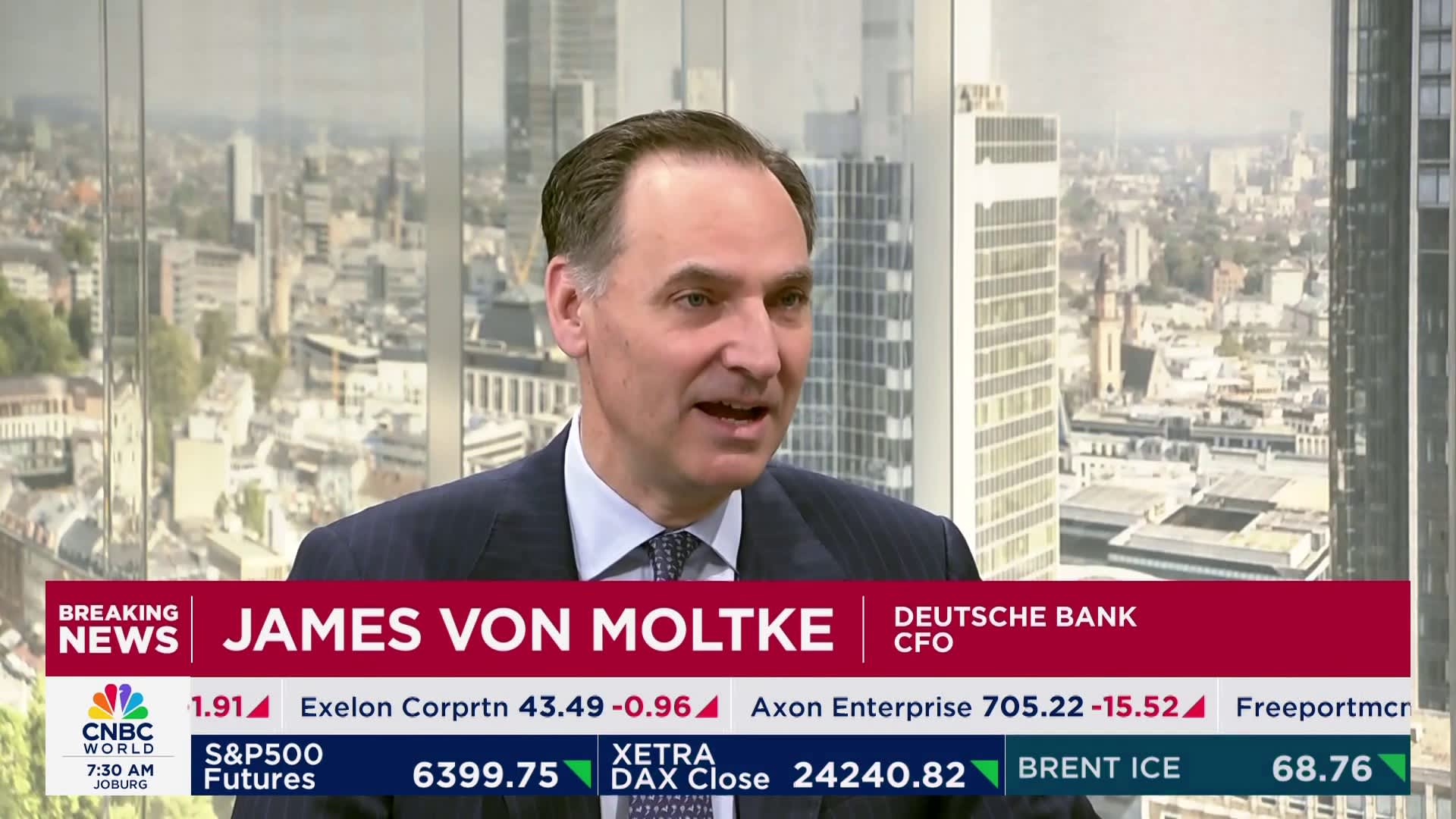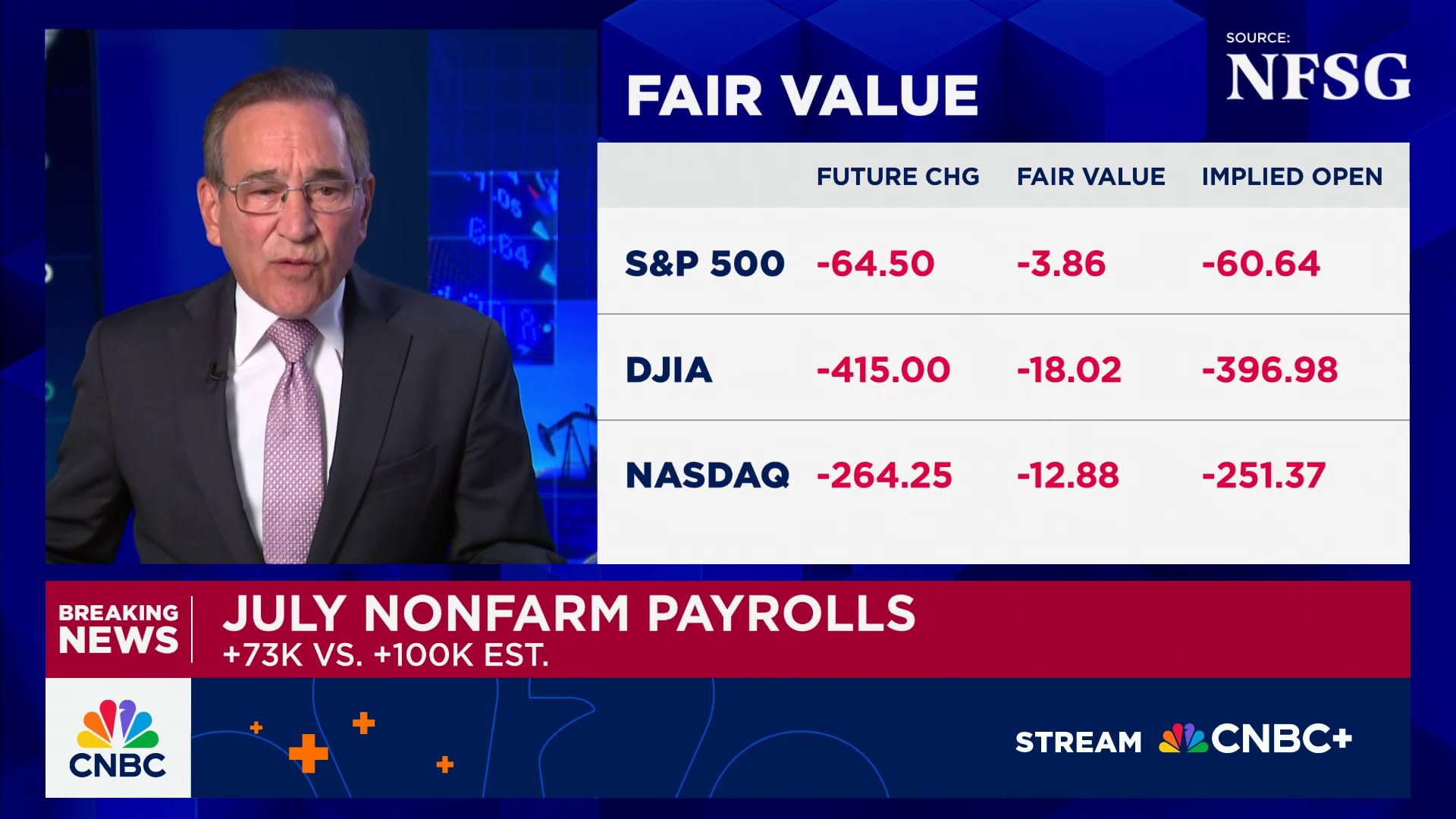Akos Stiller/Bloomberg via Getty Images
Gold returns are shining — but investors holding gold exchange-traded funds may get hit with an unexpectedly high tax bill on their profits.
The Internal Revenue Service considers gold and other precious metals to be “collectibles,” similar to other physical property like art, antiques, stamps, coins, wine, cars and rare comic books.
That’s also true of ETFs that are physically backed by precious metals, according to tax experts.
Here’s why that matters: Collectibles generally carry a 28% top federal tax rate on long-term capital gains. (That rate applies
By comparison, stocks and other assets like real estate are generally subject to a lower — 20% — maximum rate on long-term capital gains.

Investors in popular gold funds — including SPDR Gold Shares (GLD), iShares Gold Trust (IAU), and abrdn Physical Gold Shares ETF (SGOL) — may be surprised to learn they face a 28% top tax rate on long-term capital gains, tax experts explain.
“The IRS treats such ETFs the same as an investment in the metal itself, which would be considered an investment in collectibles,” wrote Emily Doak, director of ETF and index fund research at the Schwab Center for Financial Research.
The collectibles capital-gains tax rate only applies to ETFs structured as trusts.
Gold prices soar
Investors have racked up big profits on gold over the past year.
Spot gold prices hit an all-time high above $3,500 per ounce last week, up from roughly $2,200 to $2,300 a year ago. Gold futures prices are up about 23% in 2025 and 36% over the past year.
A barrage of tariffs announced by President Donald Trump in early April fueled concern that a global trade war will push the U.S. economy into recession. Investors typically see gold as a safe haven during times of fear.
Long-term capital gains are different for collectibles
Investors who hold stocks, stock funds and other traditional financial assets generally pay one of three tax rates on their long-term capital gains: 0%, 15% or a maximum rate of 20%. The rate depends on their annual income.
However, collectibles are different from stocks.
Their long-term capital-gains tax rates align with the seven marginal income-tax rates, capped at a 28% maximum. (These marginal rates — 10%, 12%, 22%, 24%, 32%, 35% and 37% — are the same ones employees pays on wages earned at work, for example.)
More from Personal Finance:
What experts say about selling gold jewelry for cash
Roth conversions are popular when the stock market dips
What typically happens to stocks after periods of high volatility
Here’s an example: An investor whose annual income places them in the 12% marginal income-tax bracket would pay a 12% tax rate on their long-term collectibles profits. An investor in the 37% tax bracket would have theirs capped at 28%.
Meanwhile, investors who hold stocks or collectibles for one year or less pay a different tax rate on their profits, known as short-term capital-gains. They generally are taxed at the same rate as their ordinary income, anywhere from 10% to 37%.
Taxpayers might also owe a 3.8% net investment income tax or state and local taxes in additional to federal taxes.










